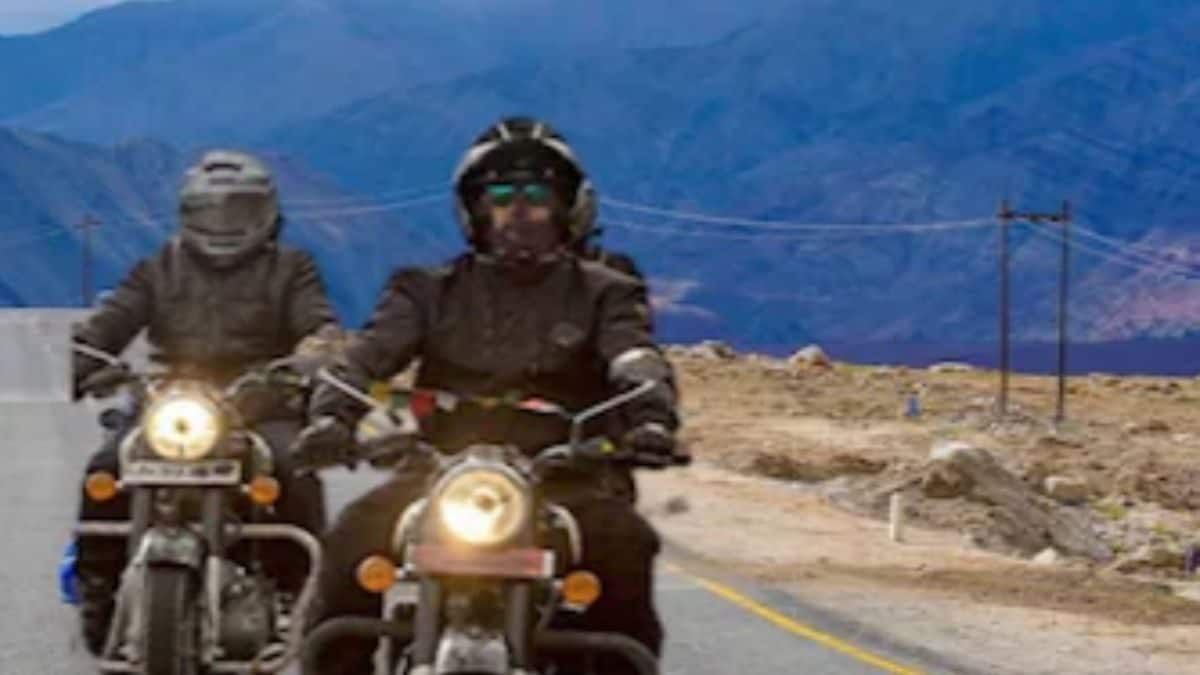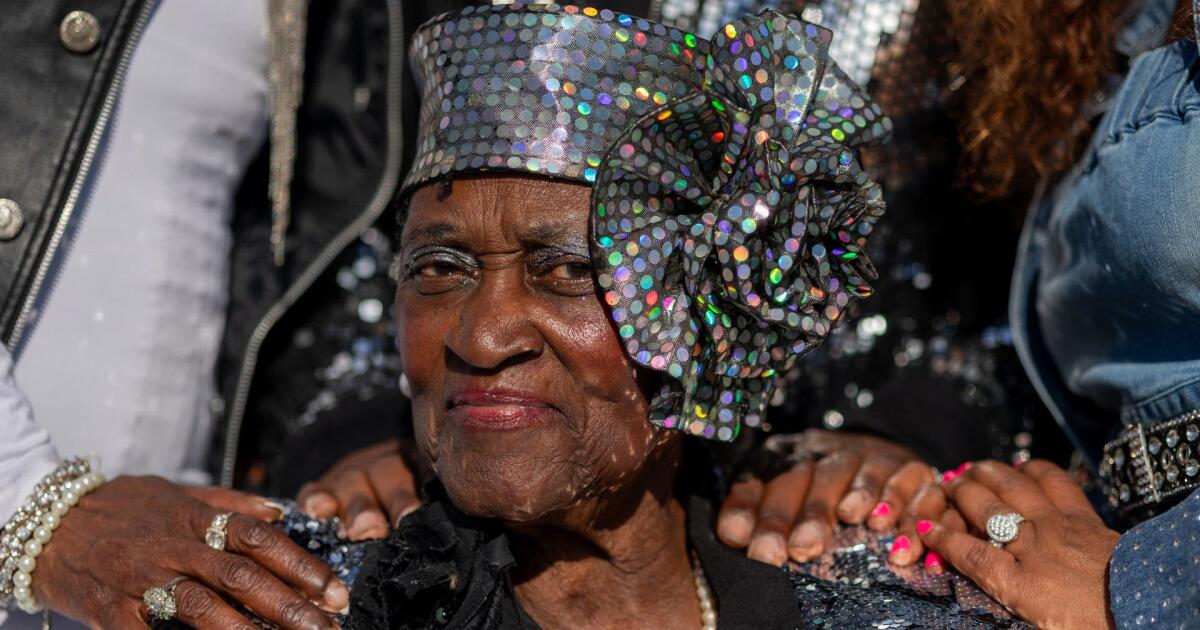There are mainly three types of altitude sickness.
Acute Mountain Sickness (AMS) is one of the most common concerns among deaths in Leh Ladakh.
A 27-year-old man from Noida has reportedly died after his health deteriorated due to lack of oxygen in the high-altitude areas of Leh in Ladakh. Chinmay Sharma, a digital marketing executive at a private firm in Noida, left for Ladakh on August 22 for a solo trip. A few days later, he told his parents over the phone that he had a headache. His father called the hotel manager in Leh and asked his staff to take him to the hospital. While his parents were on their way to Leh, the 27-year-old’s condition deteriorated further and he died during treatment. This is not the first case of death in the mountains. Acute mountain sickness (AMS) is one of the common concerns among deaths in Leh Ladakh. Dr Karan Mehra, head of the pulmonology department at Fortis Manesar Hospital Gurgaon, was the only doctor who treated Chinmay. He explained the exact cause of his death; But in such cases, altitude sickness is the main reason. According to him, this happens when the oxygen level in the body drops and the air pressure starts changing rapidly, leading to headache, vomiting, fatigue, shortness of breath and nausea. There are mainly three types of altitude sickness – mountain sickness, high altitude cerebral edema and high altitude pulmonary edema (HAPE). The chances of death are higher in HAPE. Dr Karan Mehra claims that Chinmay must have suffered from altitude sickness.
What happens in the body?
Dr. Karan Mehra said that when we climb mountains, our body is exposed to a different environment with a decrease in oxygen level and air pressure. Damage caused by lack of oxygen is inevitable. Due to increased pressure, the internal channels of the body break and lead to leakage of water. This water first reaches the lungs and then the brain. If the hospital is not reached in time, this water starts spreading throughout the body.
Precautions
Dr. Karan Mehra said that if you are not a mountain person and are going to go to high places, then you must get a medical checkup done beforehand. You must check the capacity of your lungs. The general rule is that while running, your breathing should not be too fast or should not be beyond your tolerance. Increase breathing exercises before going to the mountains.












